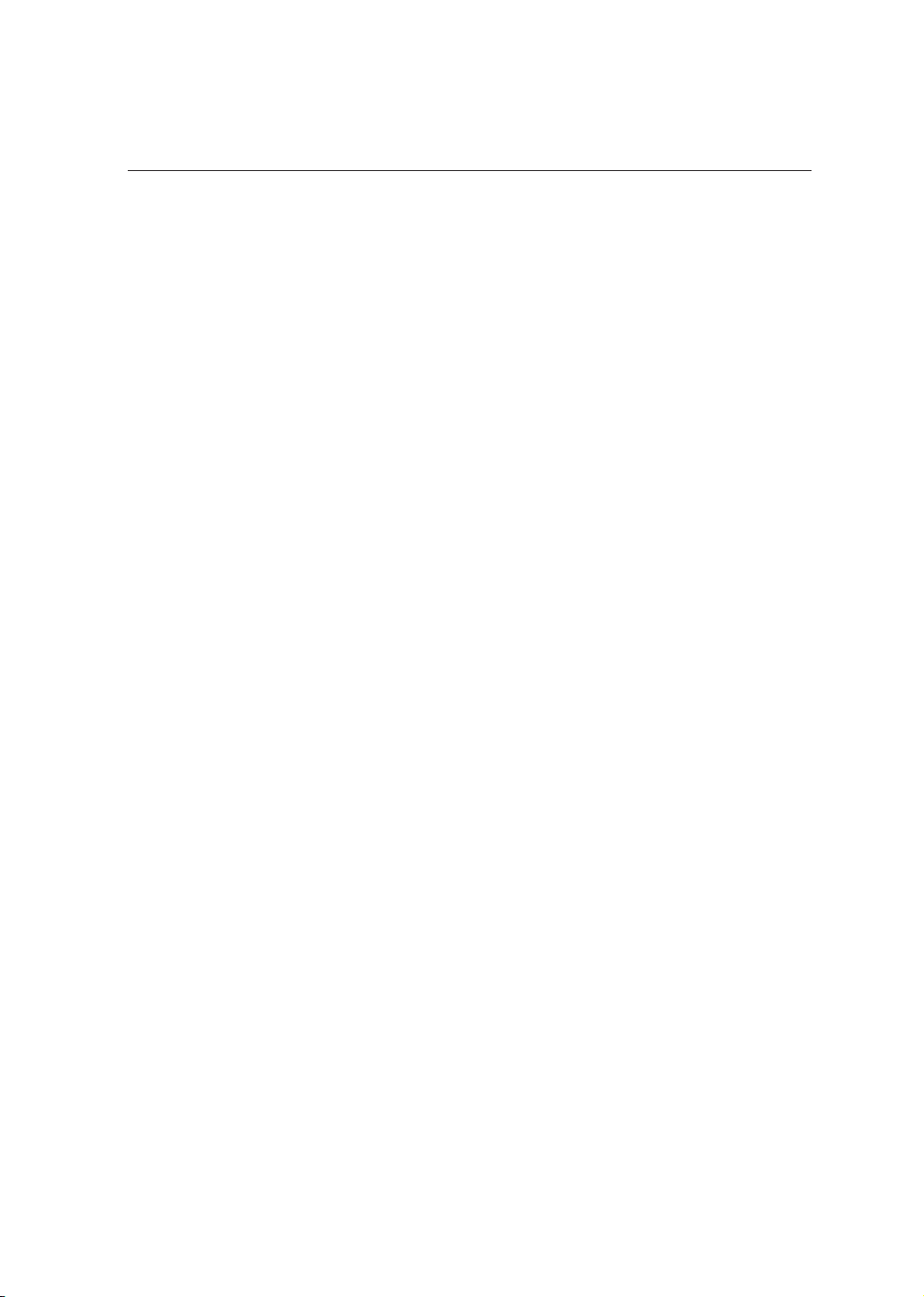CACI No. 2337. Factors to Consider in Evaluating Insurer’s Conduct
Judicial Council of California Civil Jury Instructions (2023 edition)
Download PDF
2337.Factors to Consider in Evaluating Insurer’s Conduct
In determining whether [name of defendant] acted unreasonably, that is,
without proper cause, you may consider whether the defendant did any
of the following:
[(a) Misrepresented to [name of plaintiff] relevant facts or
insurance policy provisions relating to any coverage at issue.]
[(b) Failed to acknowledge and act reasonably promptly after
receiving communications about [name of plaintiff]’s claim arising
under the insurance policy.]
[(c) Failed to adopt and implement reasonable standards for the
prompt investigation and processing of claims arising under its
insurance policies.]
[(d) Failed to accept or deny coverage of claims within a
reasonable time after [name of plaintiff] completed and submitted
proof-of-loss requirements.]
[(e) Did not attempt in good faith to reach a prompt, fair, and
equitable settlement of [name of plaintiff]’s claim after liability
had become reasonably clear.]
[(f) Required [name of plaintiff] to file a lawsuit to recover
amounts due under the policy by offering substantially less than
the amount that [he/she/nonbinary pronoun/it] ultimately recovered
in the lawsuit, even though [name of plaintiff] had made a claim
for an amount reasonably close to the amount ultimately
recovered.]
[(g) Attempted to settle [name of plaintiff]’s claim for less than the
amount to which a reasonable person would have believed [name
of plaintiff] was entitled by referring to written or printed
advertising material accompanying or made part of the
application.]
[(h) Attempted to settle the claim on the basis of an application
that was altered without notice to, or knowledge or consent of,
[name of plaintiff], [his/her/nonbinary pronoun/its] representative,
agent, or broker.]
[(i) Failed, after payment of a claim, to inform [name of plaintiff]
at [his/her/nonbinary pronoun/its] request, of the coverage under
which payment was made.]
[(j) Informed [name of plaintiff] of its practice of appealing from
arbitration awards in favor of insureds or claimants for the
1409

purpose of forcing them to accept settlements or compromises less
than the amount awarded in arbitration.]
[(k) Delayed the investigation or payment of the claim by
requiring [name of plaintiff], [or [his/her/nonbinary pronoun]
physician], to submit a preliminary claim report, and then also
required the submission of formal proof-of-loss forms, both of
which contained substantially the same information.]
[(l) Failed to settle a claim against [name of plaintiff] promptly
once [his/her/nonbinary pronoun/its] liability had become apparent,
under one portion of the insurance policy coverage in order to
influence settlements under other portions of the insurance policy
coverage.]
[(m) Failed to promptly provide a reasonable explanation of its
reasons for denying the claim or offering a compromise
settlement, based on the provisions of the insurance policy in
relation to the facts or applicable law.]
[(n) Directly advised [name of plaintiff] not to hire an attorney.]
[(o) Misled [name of plaintiff] as to the applicable statute of
limitations, that is, the date by which an action against [name of
defendant] on the claim had to be filed.]
[(p) Delayed the payment or provision of hospital, medical, or
surgical benefits for services provided with respect to acquired
immune deficiency syndrome (AIDS) or AIDS-related complex for
more than 60 days after it had received [name of plaintiff]’s claim
for those benefits, doing so in order to investigate whether [name
of plaintiff] had the condition before obtaining the insurance
coverage. However, the 60-day period does not include any time
during which [name of defendant] was waiting for a response for
relevant medical information from a healthcare provider.]
The presence or absence of any of these factors alone is not enough to
determine whether [name of defendant]’s conduct was or was not
unreasonable, that is, without proper cause. You must consider [name of
defendant]’s conduct as a whole in making this determination.
New April 2008; Revised December 2015, May 2020
Directions for Use
Although there is no private cause of action under Insurance Code section 790.03(h)
(see Moradi-Shalal v. Fireman’s Fund Ins. Companies (1988) 46 Cal.3d 287,
304-305 [250 Cal.Rptr. 116, 758 P.2d 58]), this instruction may be given in an
insurance bad-faith action to assist the jury in determining whether the insurer’s
CACI No. 2337 INSURANCE LITIGATION
1410

conduct was unreasonable or without proper cause. (See Jordan v. Allstate Ins. Co.
(2007) 148 Cal.App.4th 1062, 1078 [56 Cal.Rptr.3d 312], internal citations omitted.)
Include only the factors that are relevant to the case.
Sources and Authority
• Bad-Faith Insurance Practices. Insurance Code section 790.03.
• “[Plaintiff] was not seeking to recover on a claim based on a violation of
Insurance Code section 790.03, subdivision (h). Rather, her claim was based on
a claim of common law bad faith arising from [defendant]’s breach of the
implied covenant of good faith and fair dealing which she is entitled to pursue.
[Plaintiff]’s reliance upon the [expert’s] declaration was for the purpose of
providing evidence supporting her contention that [defendant] had breached the
implied covenant by its actions. This is a proper use of evidence of an insurer’s
violations of the statute and the corresponding regulations.” (Jordan, supra, 148
Cal.App.4th at p. 1078, original italics, internal citations omitted.)
Secondary Sources
2 Witkin, Summary of California Law (11th ed. 2017) Insurance §§ 360, 361, 365,
461
Croskey et al., California Practice Guide: Insurance Litigation, Ch. 14-A, Statutory
and Administrative Regulation - The California Regulator, ¶ 14:109 et seq. (The
Rutter Group)
1 California Liability Insurance Practice: Claims and Litigation, Ch. 24, General
Principles of Contract and Bad Faith (Cont.Ed.Bar) § 24.30 et seq.
26 California Forms of Pleading and Practice, Ch. 308, Insurance, § 308.25
(Matthew Bender)
1 Rushing et al., Matthew Bender Practice Guide: California Unfair Competition
and Business Torts, Ch. 2, Unfair Competition, 2.11 (Matthew Bender)
2338-2349. Reserved for Future Use
INSURANCE LITIGATION CACI No. 2337
1411
© Judicial Council of California.